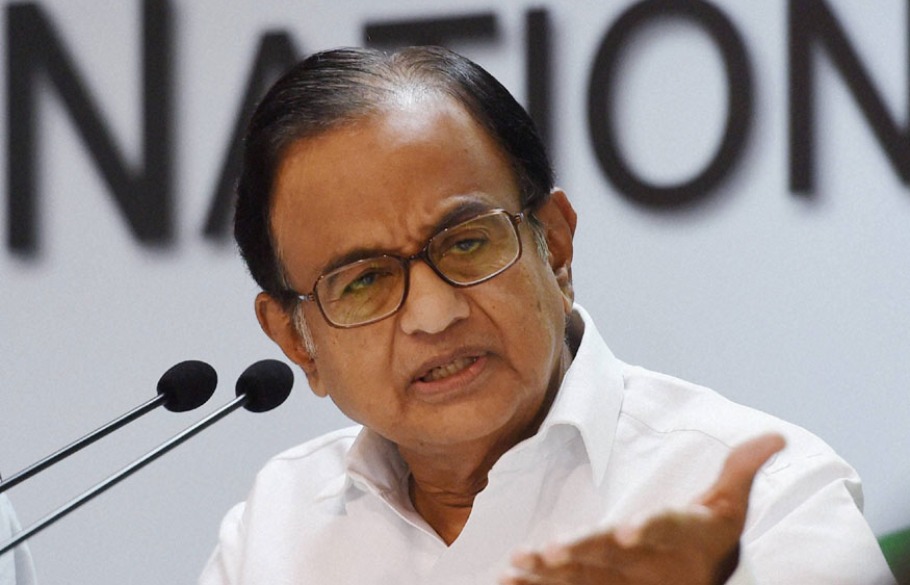
Jamia violence case: Chidambaram urges SC to end ‘pre-trial incarceration’

A day after a Delhi court discharged 11 people, including student activists Sharjeel Imam and Asif Iqbal Tanha, booked in the 2019 Jamia Nagar violence case, senior Congress leader P Chidambaram on Sunday termed their ordeal “pre-trial incarceration.” He took to Twitter to urge the Supreme Court to put an end to this “daily abuse of the law.”
While discharging the 11 accused, the Delhi Additional Sessions Court on Saturday said they were made “scapegoats” by police and that dissent must be encouraged, not stifled. The student activists had participated in anti-CAA protests.
Chidambaram’s tweets
A Delhi trial court has held that Sharjeel Imam and 10 others were made "scapegoats" in a case connected with incidents of violence in Jamia Millia Islamia in 2019
Was there even prima facie evidence against the accused? The Court's conclusion: unequivocal no
— P. Chidambaram (@PChidambaram_IN) February 5, 2023
Reacting to the judgment, Chidambaram in his tweet asked whether there was even prima facie evidence against the accused. “The court’s conclusion: unequivocal no. Some accused have been lodged in jail for nearly three years. Some got bail after many months. This is pre-trial incarceration,” he wrote.
Also read: Jamia violence case: Sharjeel Imam, Asif Iqbal Tanha cleared of charges
“An inept police and overzealous prosecutors are responsible for keeping citizens in jail before trial. What action will be taken against them? Who will give back the months or years that the accused spent in jail?
“Our criminal justice system that tolerates pre-trial incarceration is an affront to the Constitution of India, especially Articles 19 and 21. The SC must put an end to this daily abuse of the law. The sooner the better. Bless the trial courts that push back against the abuse of the law and uphold liberty,” Chidambaram wrote in a series of tweets.
Court’s ruling
The FIR was lodged in connection with the violence that erupted after a clash between police and people protesting against the Citizenship (Amendment) Act (CAA) in Delhi’s Jamia Nagar in December 2019.
Noting that the accused were merely present at the protest site and there was no incriminating evidence against them, Additional Sessions Judge Arul Varma said dissent is an extension of the fundamental right to freedom of speech and expression, subject to reasonable restrictions.
Also read: JNU scholar Sharjeel Imam charged with sedition for Jamia violence
The court said there were admittedly scores of protesters at the site and some anti-social elements within the crowd could have created an environment of disruption and havoc. “However, the moot question remains — whether the accused persons herein were even prima facie complicit in taking part in that mayhem? The answer is an unequivocal no,” the judge said.
Imam was accused of instigating the riots by delivering a provocative speech at the Jamia Millia Islamia University on December 13, 2019. He will continue to remain in jail since he is an accused in the larger conspiracy case of the 2020 northeast Delhi riots too.
(With agency inputs)

